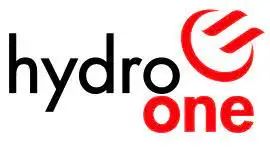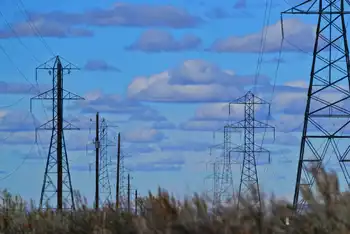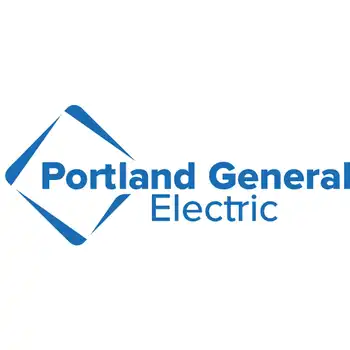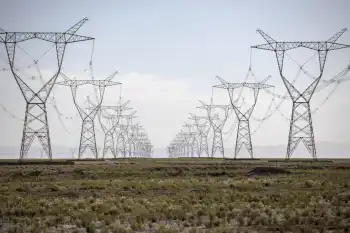Energy auditors await green light
TORONTO, ONTARIO - Convincing people to leave high-paying jobs in the construction industry to instead wander through older homes looking for possible retrofits was a tough sell during the boom years.
Not any more.
In fact, home energy auditors bracing for an eight-fold increase in business in coming years, thanks to new rules requiring that all houses being sold get such an inspection, are recruiting some of those hurt by the economic downturn.
"I am very excited about this. We have a real opportunity to create some green-collar jobs, if I can call them that," says Vladan Veljovic, president of Greensaver, one of Ontario's oldest energy auditing firms.
Ontario Energy Minister George Smitherman said that homeowners won't be able to sell their houses or condos without first getting a home energy audit – at a cost of about $300 – under the proposed new Green Energy Act. The province rebates $150 of the cost.
Home inspectors currently do between 25,000 and 30,000 energy audits a year across Ontario, Veljovic says. Under the new rules, that could to increase to about 200,000, with a corresponding jump in demand for inspectors.
"We're looking for people with good communication skills and personal skills," says Brad Emond, vice-president of sales at The Energuy home auditors in Mississauga.
Emond, whose firm contracts with auditors across Ontario, says inspectors can earn between $50,000 and $90,000 a year, depending on how many audits they do. "It's very competitive" with the pay on construction sites, he says.
To qualify for federal and provincial rebates, homeowners must hire an auditor certified under a federal certification program and working for a licensed auditing firm.
"Fly-by-night operations will not get you the incentives," says Veljovic.
Certification requires taking a five-day course, according to Jean Riverin with Natural Resources Canada, followed by an exam and the supervised inspection of seven houses. The entire process takes about two months, depending on how quickly the home inspections can be scheduled.
Veljovic estimates that about 200 people a year go through the program across Ontario, but expects that to increase to about 2,500 with the new program.
To find the extra workers, auditing firms will turn first to home inspectors, who already go into homes looking for possible defects and safety concerns, and train them to also be energy auditors.
"As one part of their business goes down, this will give them a second job," says Veljovic.
After that, he says, the industry will look for people with home-building experience, such as construction engineers or project managers, who might be finding themselves out of work as the housing market slumps. Veljovic and other auditors are also working with community colleges to recruit students.
Getting your home audited is as easy as looking up an inspector in the Yellow Pages or going to the Natural Resources website, oee.nrcan.gc.ca/residential/personal/new-home-improvement/contact-advisors.cfm, where a search engine can look for licensed firms by postal code.
The actual audit takes about two hours. The auditor's report will list any needed retrofits, an estimate of the costs of getting the work done and a rundown of federal and provincial grants available.
Related News

Tesla (TSLA) Wants to Become an Electricity Retailer
NEW YORK - Last week, Tesla Energy Ventures, a new subsidiary of electric car maker Tesla Inc. (TSLA), filed an application to become a retail electricity provider in the state of Texas. According to reports, the company plans to sell electricity drawn from the grid to customers and from its battery storage products. Its grid transaction software may also enable customers for its solar panels to sell excess electricity back to the grid.1
For those who have been following Tesla's fortunes in the electric car industry, the Palo Alto, California-based company's filing may seem baffling. But the move dovetails with Tesla's…




